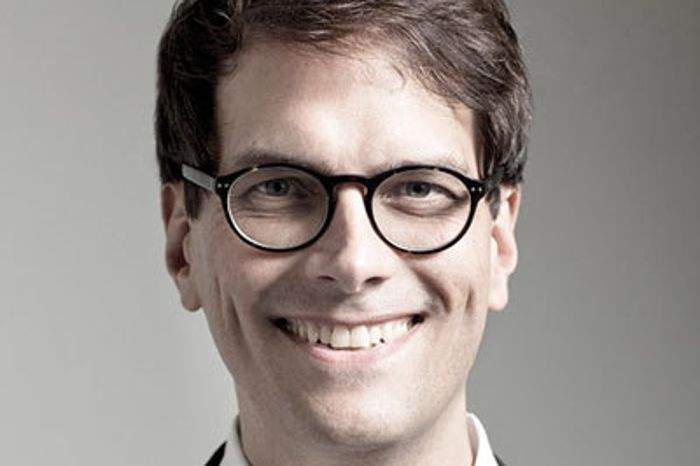Interview: Chip Rolley
The Sydney Writers' Festival artistic director speaks with Concrete Playground about the issues of private versus public.
Following the announcement of this year's theme for the Sydney Writers' Festival, Concrete Playground caught up with the festival's artistic director, Chip Rolley. Texan-born Rolley, 47, reveals his personal take on the 2012 theme: the fine line between what is public and private.
Read what Rolley as to say about the question of privacy - "the question of our time" - and start getting amped for the festival, which kicks off May 14.

Concrete Playground (CP): This year's SWF focuses on the line between public and private matters. Why do you think that this topic is relevant to modern readers and writers?
Chip Rolley (CR): I'll never forget when the ex-News of the World journo Paul McMullan told the UK Leveson Inquiry into the media, "Privacy is for paedos." The audacity of it: if you're concerned about privacy, you must have something to hide. That crystallised for me the question of where we draw the line between public and private. The sense that that line is vanishing has been building for years. Not just because of UK scandal rags, or even the increased state security apparatus. But with social media we post things about ourselves that in previous times we might not have even told our loved ones. It seems to me it's the question of our time.
CP: How does this issue affect the artistic community?
CR: It turns out the question we are all asking ourselves now is one that writers have been asking themselves for years. Any person who writes a biography or a memoir asks themselves this question. How much do I reveal – about myself or family members? How far do I go into the personal life of the public figure I'm writing about? Fiction writers, who often rework the stuff of life into their novels wrestle with this as well. Sydney Writers' Festival seemed to me a natural opportunity to explore this issue and to look at Australia's and the world's writing through this prism.
CP: Can the breaking down of the public/private barrier be beneficial to readers? Does this create a more authentic author-to-reader experience?
CR: I don't know about "more authentic". There will always be an art to writing – to rendering life and experience through words. But those memoirs that take a really liberal approach to the question (have a look at Joshua Cody's [sic]) can often be invigorating as a result – but only if done well…
CP: How has this affected the accessibility of literature?
CR: In one sense the Internet and social media have made all of us writers. We are all exploring these issues – deciding what to reveal and what to keep to ourselves. Perhaps that will lead to a wider understanding of writing or a greater appreciation of art in doing it well.
CP: Some forms of writing (autobiography, memoir, etc.) are distinctly personal. How do you expect works and authors who work in these genres to contribute to the festival?
CR: We explore myriad genres every year and this year is no different. There are some events that directly address the theme, such as "You Must Have Something To Hide" (which looks like it will sell out). Two other big events – "The Feminist Supremacy?" and "Why Get Married When You Could Be Happy?" – take the temperature of the two great social movements of the past 40 years (the women's movement and the gay liberation movement) – both of which relied on the transformative idea that the personal is political. But the beauty of the theme is that it will pulse through all the events, whether they directly address this issue or not. It will percolate through conversations as people spill in and out of the venues and it will emerge in ways we don't even yet see.
CP: Do you think it is possible to be a writer, yet maintain your privacy?
CR: I do think it's possible, if only to save your material for a rainy day…





